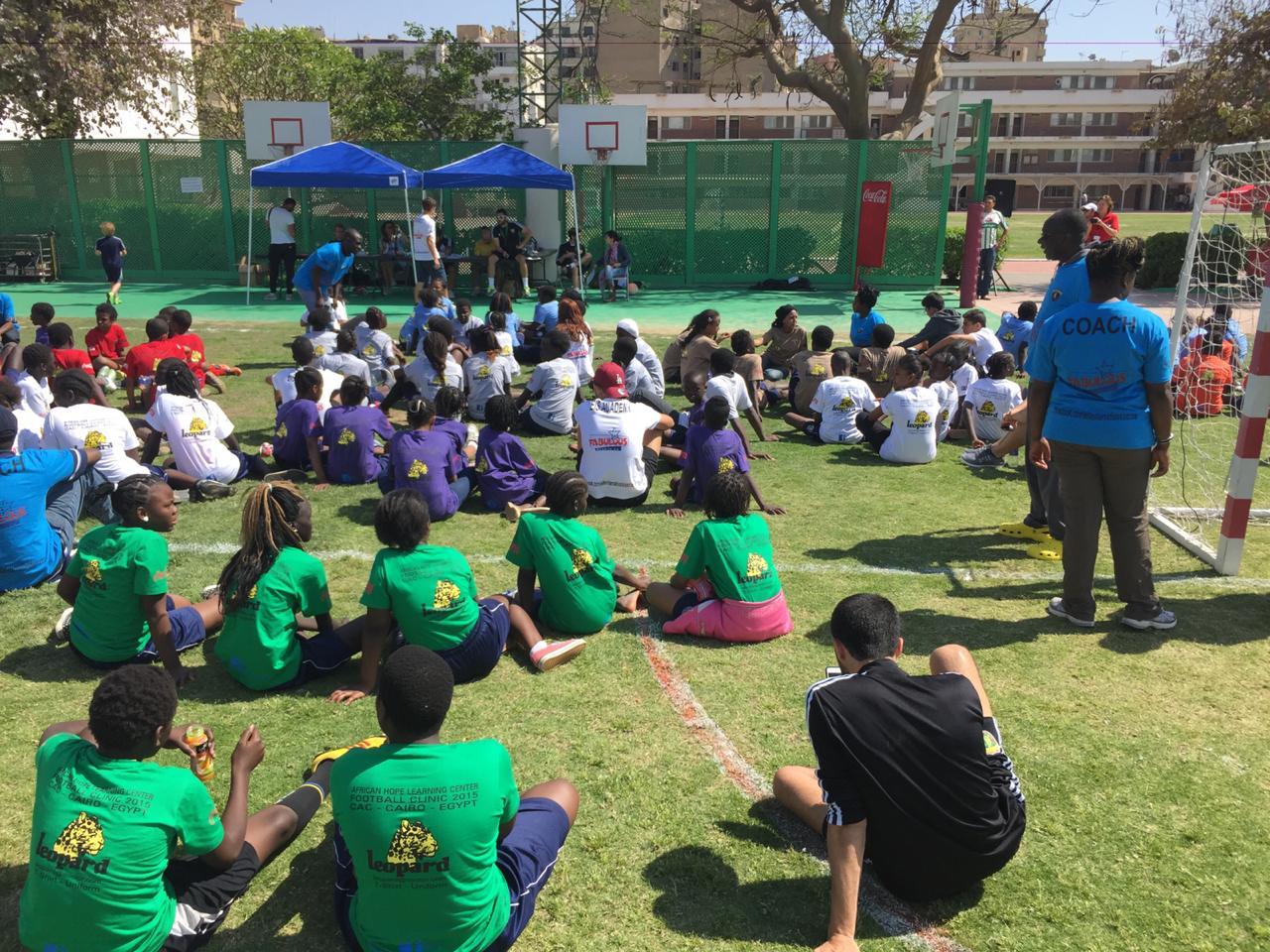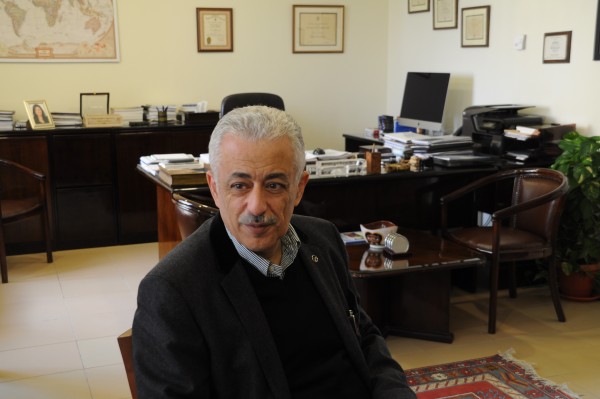Aucians Question Effectiveness of Clubs
Sunday October 27, 2013
BY SALMA EL SAEED
While AUC students are concerned about the effectiveness of on-campus clubs in fulfilling their missions, the clubs will face more criteria for the evaluation of their performance.
The SU denies the ineffectiveness of the clubs, but still admits to some necessary steps to improve the system.
“Clubs at AUC are definitely effective, for they allow students to get involved in their respective fields of interest,” said Ingie Ezzat, the Public Relations and Marketing Chairperson of the SU.
She added that clubs act as means of character building, as they allow students to aim higher and eventually reach their true potential.
Ezzat acknowledged that there are still some glitches in the overall system in place for clubs at AUC. She said that some of them are facing problems, whether managerial or financial, but the SU has taken notice of these issues.
The SU outlined criteria for clubs in order for them to continue operating on campus. If a club has a lack of signups, financial deficit, or violates any university policies, it will most likely be shut down.
However, Shery Thabet, a junior studying Political Science, is not satisfied with those criteria as measurement for the clubs’ efficiency.
“I’ve noticed that there are some clubs that seem very similar in their missions or purposes,” said Thabet, adding that she believes these clubs should be merged together and then divided into sub-committees in order to be more effective.
Dalia Eissa, associate director for student organizations at the Office of Student Development (OSD), said the office takes into consideration a variety of criteria for the establishment of a new club.
The OSD handles the process of registration and budget allocation for the student organizations.
In addition to requiring every club to have a minimum of eight founding members and a faculty advisor, the OSD considers the novelty of the club in order to avoid having multiple clubs with similar goals and to increase the effectiveness of the clubs at AUC, said Eissa.
“In the event of there being more than one established club with a similar purpose or goal, the OSD advises these clubs to merge into one or alter their respective goals to become more distinct from one another,” said Eissa.
The Clubs and Conferences Committee (CCC) is the committee in the Student Senate that is responsible for determining the budget for each club. The allocated budget is not uniform across all clubs and organizations and is determined on a case-by-case basis.
“The main criteria we take into account for the budget allocation of continuing clubs is their budget the previous semester and how much of their plan they satisfied,” said Diaa Wang, the CCC chairperson.
He added that the committee is in the process of adding criteria regarding how effectively the club in question serves AUCians. This is measured by assessing the ratio of AUCians to non-AUCians who join the club and how much the club provides its members with skills training.
Thabet criticizes the amount of clubs in relation to the money allocated to their budget, as part of the students’ tuition fees.
“There’s a portion of our tuition fees that goes towards extracurricular activities and it would be more logical to lessen the number of clubs so that the money can be distributed more effectively,” said Thabet.
Eissa said that the OSD, in cooperation with the Student Senate, placed a cap on the number of clubs at AUC for one year. During this time, the two will investigate the effectiveness of the established clubs.
There are 52 undergraduate student clubs: nine conference clubs, providing training sessions and holding a special interest conference, nine academic clubs, major-specific clubs supervised by the respective department, eight academic organizations, which have academic goals independently of departments, 16 special interest clubs, concerned with cultural interests, and 10 community development clubs, developing the Egyptian community through philanthropy and community service.
“I can assure you that this year’s Student Union will be doing its best in order to help those clubs with their respective issues,” Ezzat said.
The SU is in the process of creating a tailored system that is meant to facilitate a number of processes related to student clubs and organizations. However, Ezzat declined further comment on this system for the time being, as the SU plans on implementing it in the near future.



